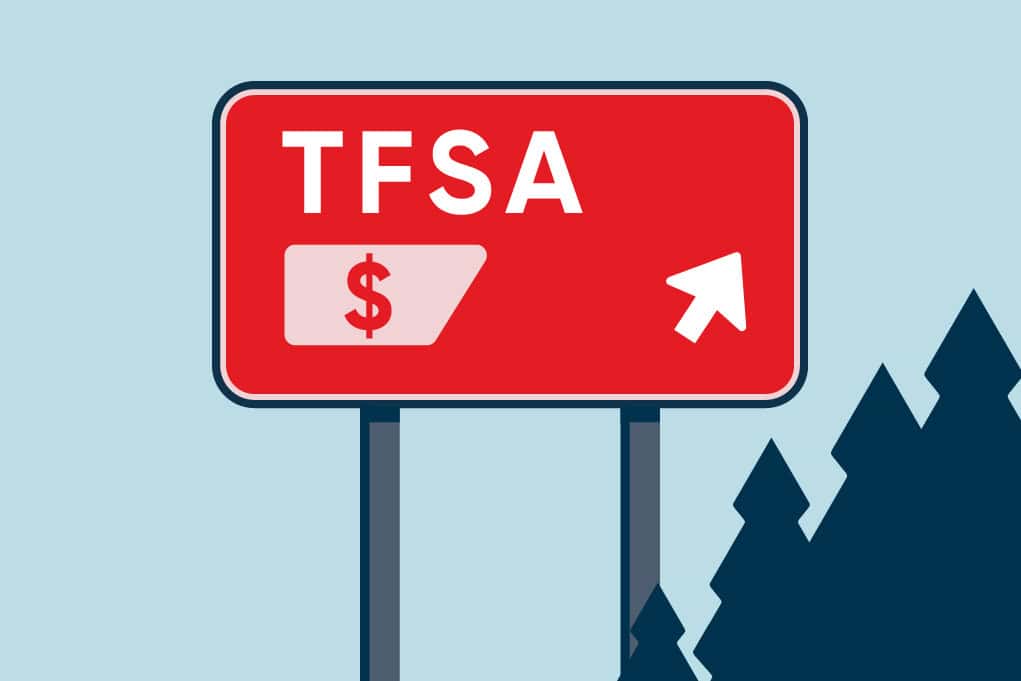How much do Canadians need to retire? Surveys show the...
Read MoreRRSP, TFSA, and FHSA - An AI Financial Guide
FHSA vs. TFSA vs. RRSP: Which is Right for You?
The new year 2025 is here, bringing fresh opportunities to grow, save, and invest smarter. Choosing the right savings account is crucial for effective financial planning in Canada. The Tax-Free Savings Account (TFSA), Registered Retirement Savings Plan (RRSP), and First Home Savings Account (FHSA) each offer unique benefits tailored to different financial goals Understanding their distinct features can help you make informed decisions to maximize your savings potential.
FHSA
- A savings account designed for first-time homebuyers, offering tax-deductible contributions and tax-free withdrawals for purchasing a qualifying home.
- Annual contribution limit: $8,000 (lifetime $40,000).
- Unused Contribution room can be carried forward, allowing a maximum annual contribution of $16,000 if the previous year’s room was unused
- Tax-deductible contributions and tax-free withdrawals for a qualifying home
- Must be used within 15 years or transferred to an RRSP/RRIF

Tldr: FHSA is best for First-time homebuyers
TFSA
- A flexible savings account where your investments grow tax-free, and withdrawals are also tax-free for any purpose
- Annual contribution limit: $7000 (2025).
- No tax deduction, but funds grow and withdraw tax-free for any purpose
- If you were at least 18 years old in 2009 and have never contributed, your total available room is now $102,000

Tldr: TFSA is best for general savings, short-term goals, or long term growth.
RRSP
- A retirement savings plan offering tax-deductible contributions, with tax-deferred growth until withdrawal (If the person is in a higher tax bracket, contributing to an RRSP can provide a tax deduction that reduces their taxable income for the year).
- Annual Contribution Limit: up to 18% of your previous year’s earned income, capped at $32,490 for 2025
- Any unused contribution room from previous years can be carried forward indefinitely.

Tldr: RRSP is best for retirement savings
Spousal Strategies

TFSA:
If one spouse has a significantly higher income or contribution room, consider contributing to their TFSA to maximize growth in the higher-income earner’s account While contributions are not tax-deductible, incomed earned in TFSA is tax-free, and withdrawals can be made by either spouse, so this strategy helps maximize compound growth
RRSP:
A spousal RRSP is a great way to split income in retirement. If one spouse earns significantly more than the other, the higher-income spouse can contribute to a spousal RRSP in the lower-income spouse’s name. This lowers the higher-income spouse’s taxable income and helps the lower-income spouse grow their retirement savings.
When the lower-income spouse withdraws in retirement, they will pay less tax on the income, resulting in tax savings for the couple overall
FHSA:
If both spouses are first-time homebuyers, each can open an FHSA. This allows both individuals to save up to $8,000 annually (for 2025), with tax-deductible contributions and tax-free withdrawals for a home purchase. You can use both FHSAs together to maximize savings for your down payment.
If you don’t end up buying a home, you can transfer the funds from your FHSA into your RRSP without triggering tax, allowing you to continue growing your retirement savings.
Ai Financial - ready to help you move forward
Ready to elevate your financial journey? Our team of financial experts is here to guide you every step of the way.
Recent Posts
You may also interested in
Canada Mortgage Debt 2025 Nears $2 Trillion as Renewal Wave and Starter Home Crisis Intensify | AiF News Bites
Canada mortgage debt 2025 approaches $2 trillion as mortgage renewals...
Read MoreCanada Restaurant Tips Disruption: Millions in Funds Missing as Bank of Canada Steps In | AiF News Bites
Canada restaurant tips platform disruptions have left restaurants facing missing...
Read MoreAmazon vs Walmart Revenue: AI Is Reshaping the Retail Industry | AiF News Bites
Amazon vs Walmart revenue reached a historic shift as Amazon...
Read More
What is an investment loan?
Can this loan last a lifetime? Interest-only payments? Tax-deductible? Is it a private loan? Is the threshold high?

Why do you need segregated funds for retirement?
Segregated funds are a popular choice for group savings and retirement plans. They provide access to high-end and unique……

Invest with TFSA
A Tax-Free Savings Account (TFSA) provides you with a flexible way to save for a financial goal, while growing your money tax-free……

Invest in RRSP-Invest wisely, retire early
According to a recent survey by BMO, due to inflation and rising prices, Canadians now believe they need 1.7 million dollars in savings to retire……




